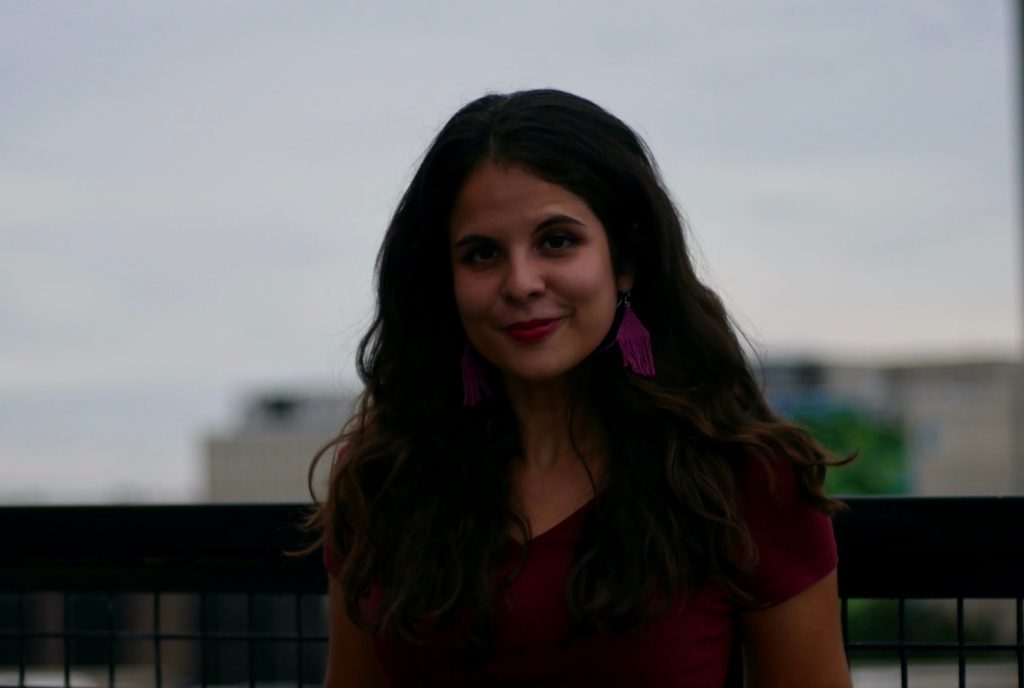
Yasmine Flodin-Ali
Yasmine Flodin-Ali is an Islamic Studies PhD student in the Religious Studies department at the University of North Carolina at Chapel Hill. Her dissertation maps the racialization of Muslims from the mid-19th to mid-20th century, and the subsequent framing of Islam as a world religion. She analyzes four groups of Muslims in the United States: enslaved Muslims, the Moorish Science Temple of America, the Ahmadiyya, and the Islamic Mission of America. Before coming to North Carolina Yasmine obtained a bachelor’s degree from the University of Wisconsin-Madison and a Master of Theological Studies degree from Harvard Divinity School. She has a background in interfaith and educational equity work and has worked for non-profits such as College Possible and the Pluralism Project.
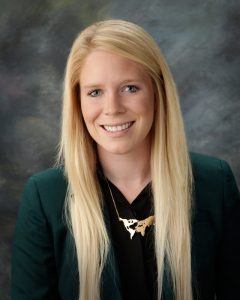
Jem Jebbia
Jem Jebbia is a PhD Candidate in Religious Studies at Stanford University. Her dissertation explores the interreligious labor movements in contemporary California’s Central Valley. The project emphasizes how the study of religion in the American West is embedded in race, ethnicity, gender, law, class, physical landscape, and regional identity, and how religion both upholds white supremacy in a particular place and time and provides modes of resisting it. Jem previously received a BA and BS (East Asian Languages and Cultures, Religion, Business Administration) from the University of Southern California and a MDiv. from the University of Chicago.
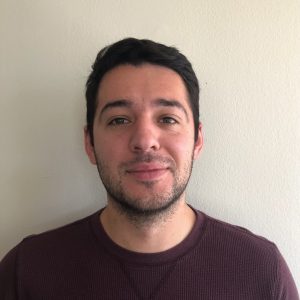
Steven Kaplin
Steven Kaplin is a PhD candidate in the department of Religious Studies at Indiana University. His research focuses on American Judaism and Jewish spirituality, particularly in the 20th century. He is currently working on a dissertation that explores the religious ideologies of neo-Hasidism and Jewish feminism in the United States and argues for spirituality as a form of American Jewish thought.
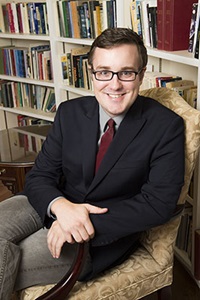
Andrew Klumpp
Andrew Klumpp is editor of the Annals
of Iowa, the quarterly scholarly history journal published by the State Historical
Society of Iowa. In this role, he oversees all aspects of the journal’s publication
and manages a number of the state’s public history programs. He holds a PhD in Religious Studies from Southern Methodist University, and his research and writing focus on the intersection of religion, settler colonialism, and global imperialism among nineteenth-century
immigrant communities in the American Midwest.
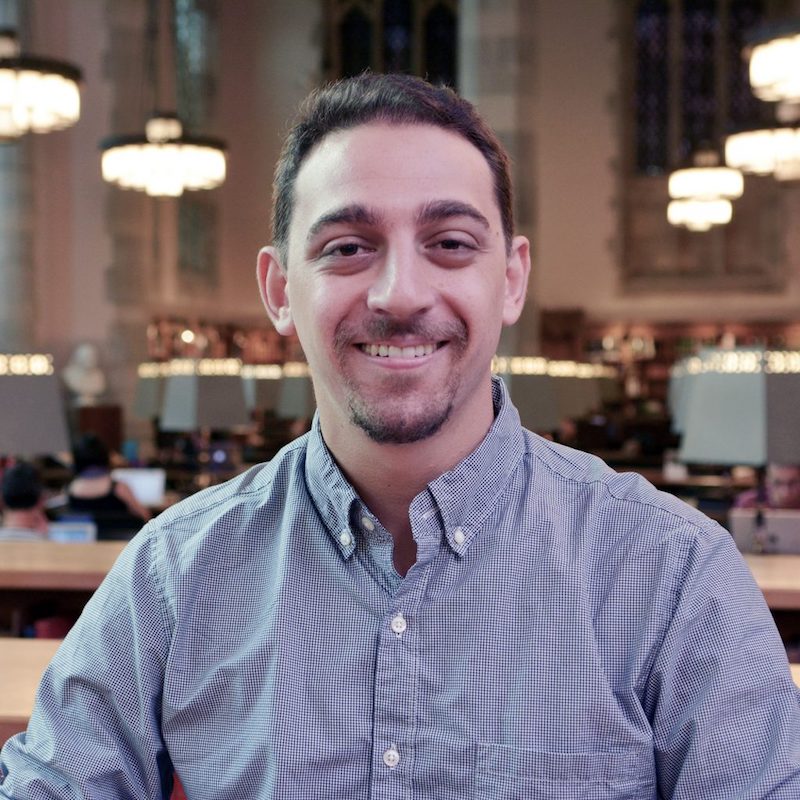
Jacob Lassin
Jacob Lassin is a Postdoctoral Research Scholar at the Melikian Center for Russian, Eurasian, and East European Studies at Arizona State University. His research focuses on the intersection of religion, politics, literature and new media in Russia and the former Soviet Union. He is currently working on a book project titled Sacred Sites: Russian Orthodox Cultural Politics Online, which explores how websites run by the Russian Orthodox Church and its allies work to reframe the national literary canon to attract a new educated elite that supports the Church and the State. In addition to his book project, he is also engaged in research on different topics related to Russian and post-Soviet culture, religion, and media.
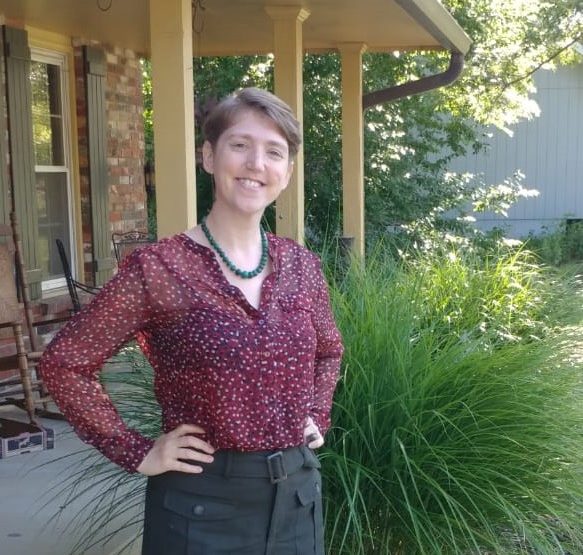
Rachel Schwaller
Rachel Schwaller [publication name: Rachel E. C. Beckley] is a lecturer at the University of Kansas in the Departments of History and Religious Studies. She received her Ph.D. in American Studies from the University of Kansas in 2019 with a focus on religion in the United States. Rachel’s dissertation tracked how white evangelical discourses intersected with economic discourse in 161 devotional evangelical magazines and think tanks between 1940 – 2000. Rachel is interested in how devotional use scripture (broadly defined) dialogically produces scripturalized discourses in western culture. She is specifically interested in how these scripturalized discourses of capitalism, work ethic, freedom, and so forth are embedded in colonialism and myths of white settlement. Rachel found that the evangelical/economic discourses were specifically used to proscribe and devalue Indigenous ways of being and knowing. Over the Summer 2021, Rachel helped to organize and coordinate a series of seven workshops entitled “Anti-Racism Pedagogies for the Undergraduate Bible Class: Decentering Whiteness.”
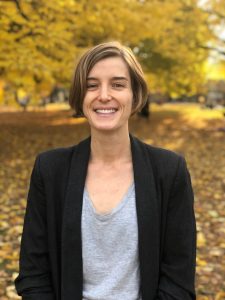
Suzanne van Geuns
Suzanne van Geuns is a PhD candidate at the Department for the Study of Religion, University of Toronto. Her dissertation, “Seductive Programming: Sexual Success in the Computational Imagination,” focuses on seduction forums: online platforms where heterosexual men provide one another with instructions for having sex with women. These instructions routinely recommend that men behave more like computers. Focused on the period between 1994 and 2014, the project embeds artificial intelligence and computing in a genealogy of “sexual frustration” on the internet. This work benefited from Suzanne’s time as a Recognised Visiting Student at the Oxford Internet Institute (2018-2019), as well as fellowships at the Ethics of AI Lab (2019-2020) and the Schwartz-Reisman Institute for Technology and Society (2020-2021), both at the University of Toronto. Her research uses the intersection of American religion and computation to think about conservatism, power, and desire.
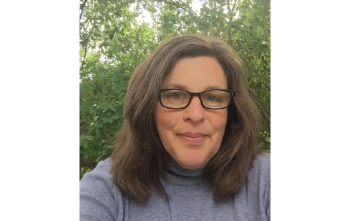
Kristine Wright
Kristine Wright is Ph.D. candidate in the Department of Religion at Princeton University and is also pursuing a graduate certificate in Gender and Sexuality Studies. Her dissertation, “Bodies of Light and Knowledge: Mormon Women, Religious Authority and Theologies of Health,” suggests that the development of Mormon theologies and rituals of embodiment and health are instructive for understanding the religious history of American women as well as the categories of gender, race, religion and medicine more broadly. She is currently completing this research with support from the Charlotte W. Newcombe Doctoral Dissertation Fellowship. In addition to this work, her teaching and research interests include gender, sexuality and American religion, the study of material culture and embodiment, new religious movements and the religious histories of health and disease. She has published articles in The Journal of Mormon History and at the online news journal Religion & Politics